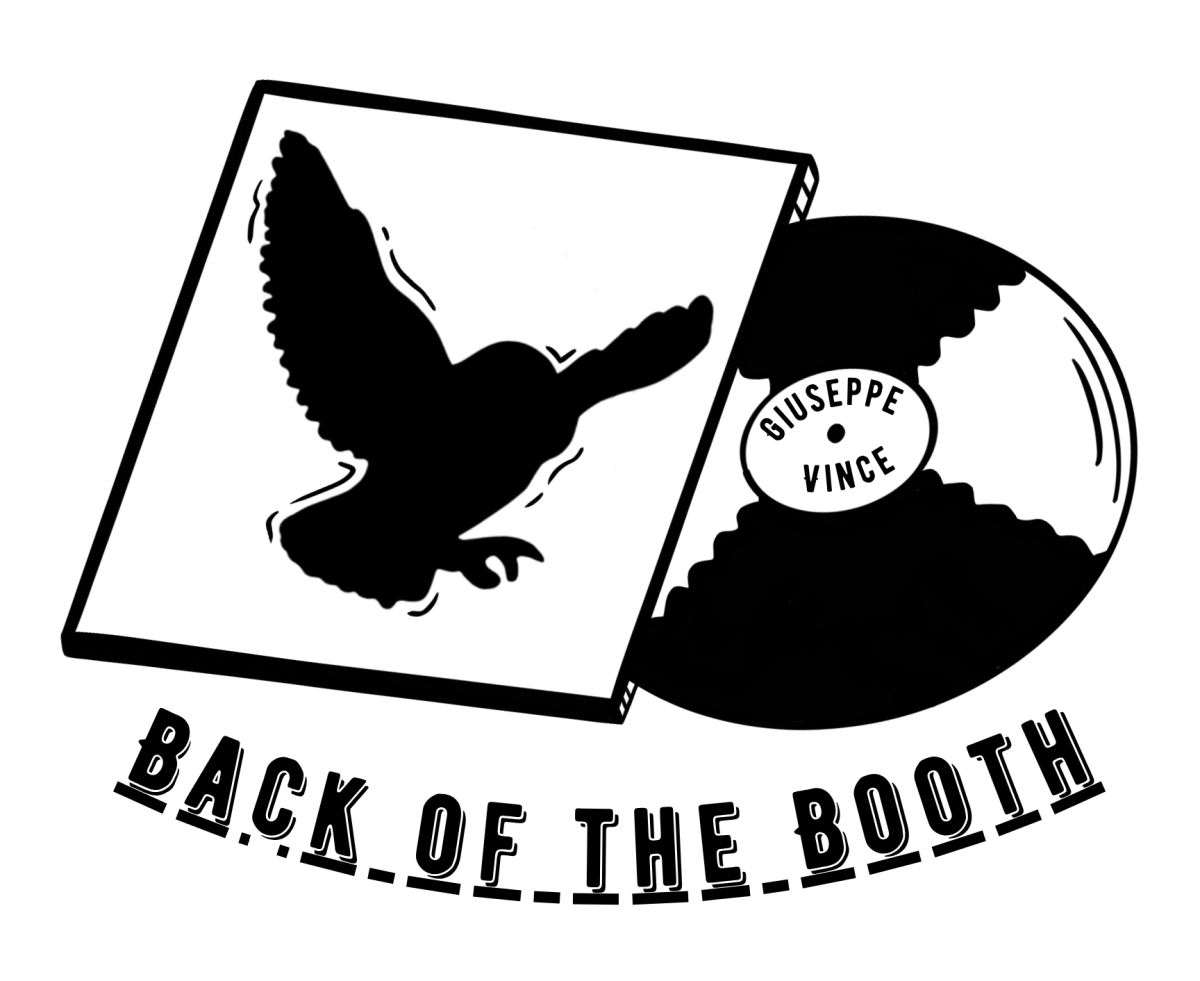For many teens, music heavily impacts their social lives. Connections made through music can help maintain, enhance, or create friendships. The teenage years are when students begin to define and solidify their personal preferences, both physically in the brain and socially.
The teenage brain is fully developed, except for the prefrontal cortex, located in the front part of the brain. The prefrontal cortex is responsible for regulating our thoughts, feelings, and emotions. Teens may be more sensitive, over-stress, or tend to make more impulsive decisions.
It’s common for teens to value music as a large part of their identities and connect to the lyrics, the artists, or other people. “When I find someone who has similar taste in music, it’s fun to talk to them about it,” says Simone Bell, a sophomore at Ida B. Wells.
Most people’s music tastes develop during their teenage years. After people grow up, many stick to what they enjoyed as teens. Adolescents often connect to their friends better than their parents or teachers because they enjoy more recent music, while adults may only know about music from when they were younger. Striving for independence is a major part of human development. According to healthychildren.org, kids typically begin to grow independent around four to six years old and feel the need to be almost entirely independent starting around 13 years old. They want to take responsibility, form their own opinions and values, and prove to their parents and peers that they are capable of being in the real world.
Music taste is primarily influenced by the environment one grows up in. Some follow older siblings, like Luke Davis, a sophomore at Ida B. Wells, who discovered his music style from his 19 year-old brother. One’s interest in music can also be influenced by sports or other extracurricular activities. “More upbeat music gets me hype, I’ll play stuff before soccer games to get me energized,” says Davis. Many also discover music from their friends. “My friends put me on stuff,” says Eli Rogers, a sophomore at Ida B. Wells. “[One of my friends] listens to a lot of [Drake and other hip-hop] and [another one of my friends] puts me on a lot of R&B.”
However, adults can also influence a teen’s taste in music. “My parents are really into music and we listen to similar artists,” says Bell. “I think I got some of my music taste from them.” Younger ages may view their parents as role models and like to follow in their footsteps when it comes to developing interests. “My dad used to play 80s synth-pop, and I still like that kind of music,” says Rogers.
Music taste doesn’t only come from influences outside of the body. Many have their own songs they like without getting ideas from others. When one listens to a song they enjoy dopamine is released in the brain. “When our brain releases dopamine, we’re going to continue doing [whatever triggers the release],” says Norman Stremming, an AP Psychology, Anthropology, and Windows into Humanity teacher at Ida B. Wells. “If it’s a song we like, we’ll keep listening to it to get that dopamine hit.” In order to feel and process emotions, the nerves in the brain communicate with other nerves by transferring different chemicals to each other. Different balances of different chemicals such as dopamine, serotonin, and endorphins cause us to experience varying emotions.
People can use music to project their personalities and make assumptions about other people’s personalities. “You can kind of figure out the type of person someone is through their music,” says Bell. One reason people spend so many hours listening to music is to regulate or enhance emotions.
Does music really have the power to bring people together? In 2011, Diana Boer, Ronald Fischer, Micha Strack, Michael H. Bond, Eva Lo, and Jason Lam conducted a study published in the Personality and Social Psychology Bulletin. They observed pairs of college students who had been assigned together as roommates and they discovered that students with similar musical interests were more socially drawn to each other. “[All my friends] listen to hip-hop, it’s like our shared thing. We listen to music [together] a lot,” said Rogers.
In many situations, people can change their musical opinions to match with their friends. “As humans, we’re social creatures. We seek out relationships, and we tend to align ourselves with like-minded people to form [cohesive] groups. It’s where we share ideas,” says Stremming. “[However,] if there’s someone who doesn’t align with the group, they may follow whatever beliefs or ideas the group has rather than be more independent where they would feel left out, pushed out, or made fun of.”
Whether one gets their music taste from family, friends, or experiences, it’s a surprisingly scientific part of one’s identity.









